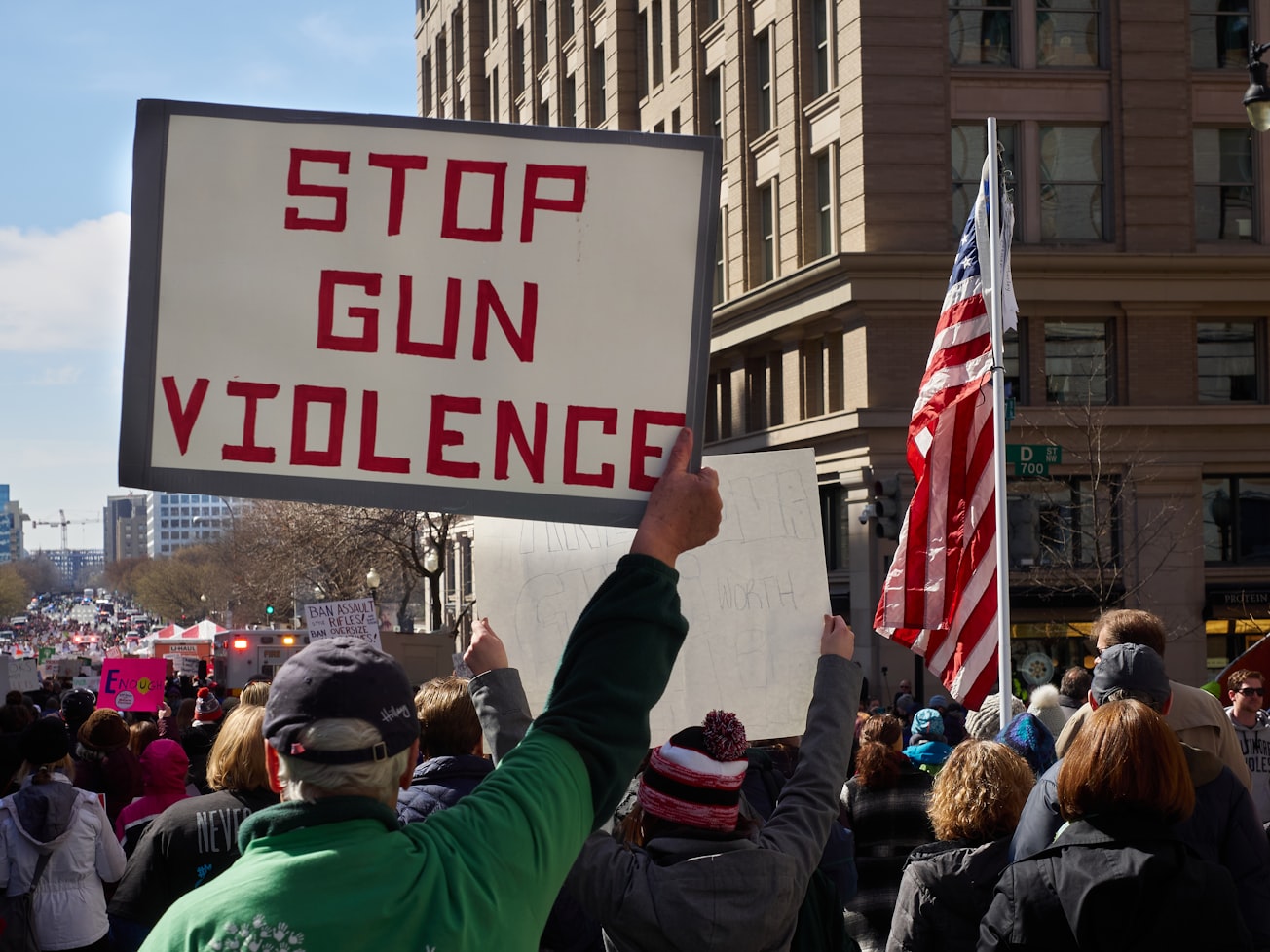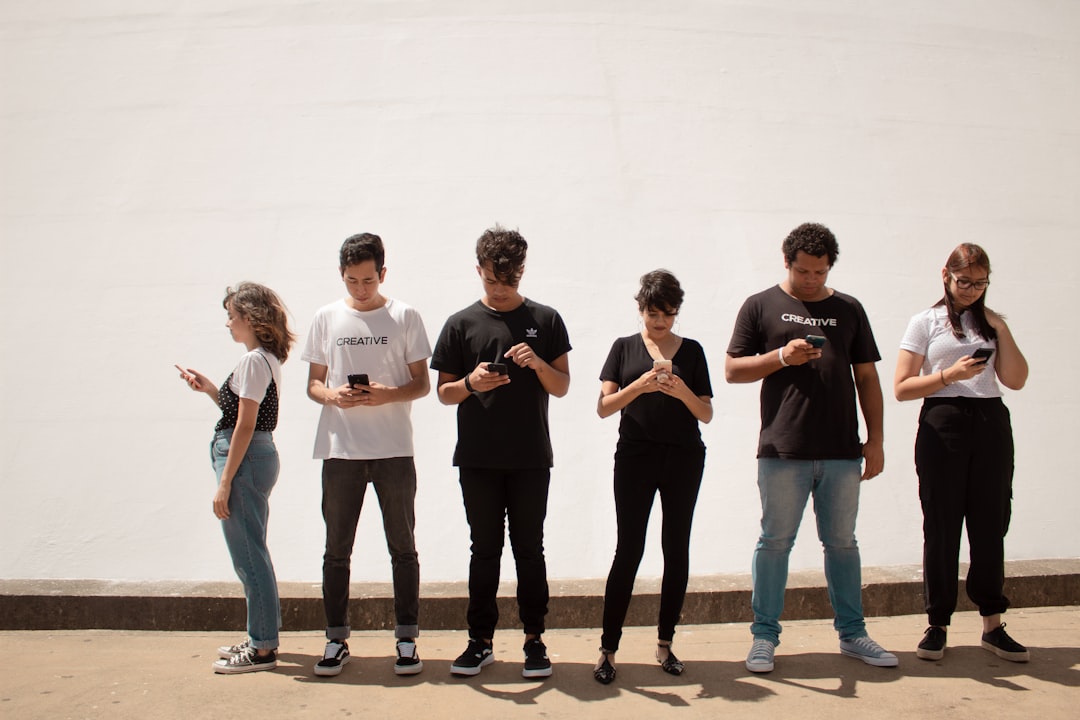What is it about?
To examine the perceived link between mental illness and mass shootings, we used data from the Violence Project Database of Mass Shootings in the United States—mental health variables, including the history of psychiatric hospitalization, medication, counseling, and the diagnoses received, and other variables like what motivated shooters, what was known about their life circumstances, criminogenic risk factors, and their access to guns. Results showed that the actual role of psychosis in mass shootings has been relatively stable over time, even as the number of mass shootings has risen sharply in the past few years. Psychosis does not appear to have played a role in 69 percent of all shootings since 1966. When examined more closely, psychosis was deemed to have played a major role in 10.5 percent of shootings, a moderate role in 8.7 percent of cases, and only a minor role in 11 percent of cases.
Featured Image

Photo by Chip Vincent on Unsplash
Why is it important?
Mass shootings are more frequent and deadly. We find that mental illness—specifically psychosis—is not a key factor in most mass shootings, despite what politicians routinely say. This means that fixating on mental illness exclusively will do little to address the problem of mass shootings in society.
Read the Original
This page is a summary of: Psychosis and mass shootings: A systematic examination using publicly available data., Psychology Public Policy and Law, May 2022, American Psychological Association (APA),
DOI: 10.1037/law0000314.
You can read the full text:
Resources
The Violence Project Database of Mass Shootings
Database of mass public shootings in the United States since 1966
Does Psychosis Play a Role in Most Mass Shootings?
Psychology Today article about this study
The Violence Project: How to Stop a Mass Shooting Epidemic
Using data from the writers’ groundbreaking research on mass shooters, including first-person accounts from the perpetrators themselves, The Violence Project charts new pathways to prevention and innovative ways to stop the social contagion of violence. Frustrated by reactionary policy conversations that never seemed to convert into meaningful action, special investigator and psychologist Jill Peterson and sociologist James Densley built The Violence Project, the first comprehensive database of mass shooters. Their goal was to establish the root causes of mass shootings and figure out how to stop them by examining hundreds of data points in the life histories of more than 170 mass shooters—from their childhood and adolescence to their mental health and motives. They’ve also interviewed the living perpetrators of mass shootings and people who knew them, shooting survivors, victims’ families, first responders, and leading experts to gain a comprehensive firsthand understanding of the real stories behind them, rather than the sensationalized media narratives that too often prevail. For the first time, instead of offering thoughts and prayers for the victims of these crimes, Peterson and Densley share their data-driven solutions for exactly what we must do, at the individual level, in our communities, and as a country, to put an end to these tragedies that have defined our modern era.
Contributors
The following have contributed to this page










